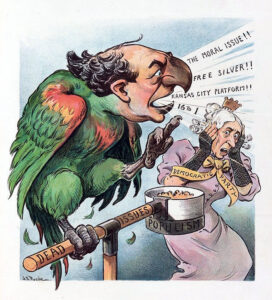Taking Five Steps

Met with some friends via Zoom to discuss the function of “intention” in relation to moral judgments. We agreed that intent is slippery, an ambiguous aspect of deciding right action… The intent of another’s action is notoriously difficult to ascertain. Moreover introspection of one’s own intention reveals a complex, anything but pure motivation for “doing the right thing.”
These words of Nietzsche parallel our discussion…
The manifesto proclaimed by the writer is something I can aspire to!
Anyone who still judges
“in this case everybody would have to act like this”
has not yet taken
five steps toward self-knowledge.
Otherwise he would know
that there neither are nor can be
actions that are the same:
that every action that has ever been done
was done in an altogether unique and irretrievable way,
and that this will be equally true
of every future action;
…that our opinions about “good and “noble” and “great”
can never be proved true
by our actions because every action is unknowable;
that our opinions, valuations,
and tables of what is good
certainly belong among the most powerful levers
in the involved mechanism of our actions,
but that in any particular case
the law of their mechanism is indemonstrable.
…Yes, my friends, regarding all the
moral chatter of some about others
it is time to feel nauseous.
Sitting in moral judgment should offend our taste.
We, however, want to become those we are
–human beings who are new, unique, incomparable,
who give themselves laws,
who create themselves.
To that end
we must become the best learners and discoverers
of everything that is lawful and necessary in the world…
–excerpt The Gay Science, Book 4, Section 335 by Friedrich Nietzsche
Yes! There is a tune that we can hold onto! The Weight by The Band.